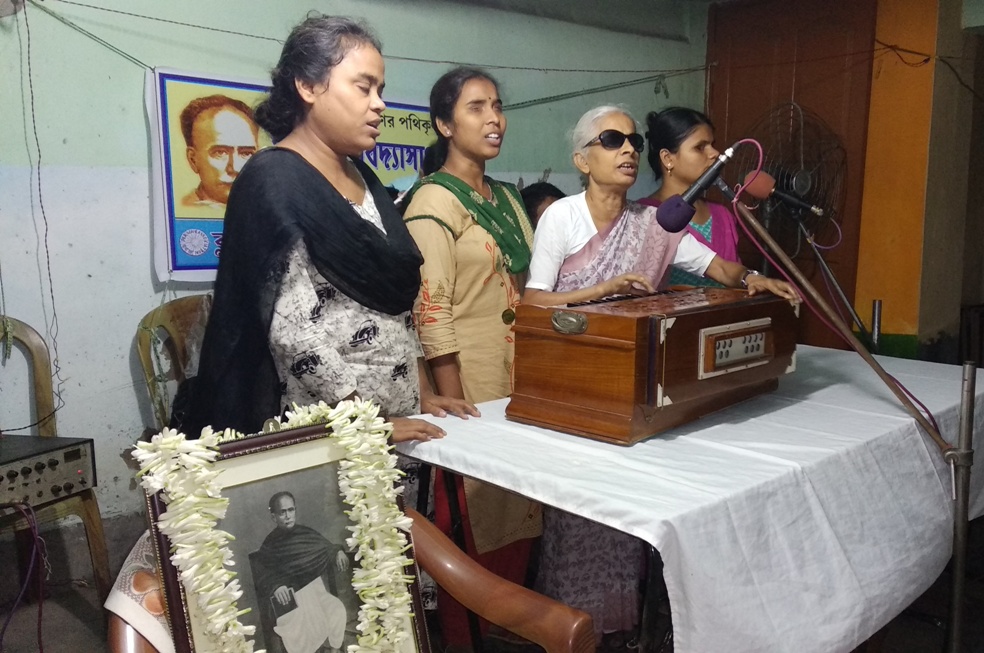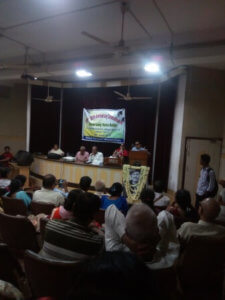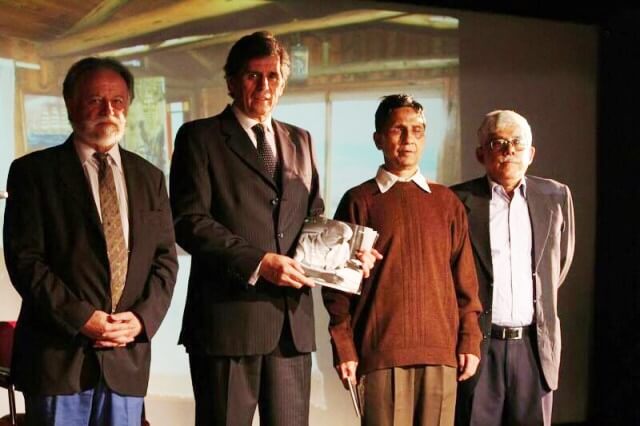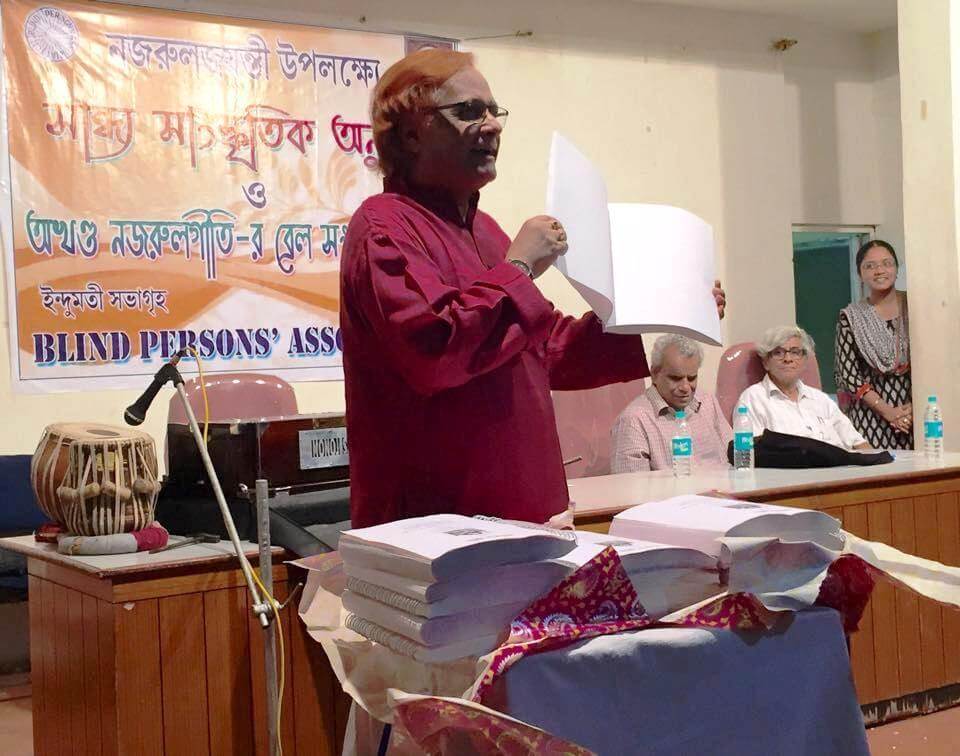Book Details
| Book Title | Janbar Katha VII |
| Genre | History and Philosophy |
| Editor | Debiprasad Chattopadhyaya |
| Language | Bengali |
| Publisher | National Book Agency, Kolkata – 1954 |
| Recorded Edition | 3rd Reprint, 1999 |
| Date of Audio Publication | June 2019 |
| Media | Audio Book (mp3) |
| Duration | 3 hours & 47 minutes |
| Availability | For the print-disabled only |
About Janbar Katha VII
Janbar Katha Volume VII concentrates on various stages of development of the economic system. It starts with a brief discussion on newspaper and how it is printed. Newspaper functions as a springboard for jumping into other topics, as if the author is explaining different terms and situations that we read in the newspaper.
It starts with the history of United Nations Organisation and its organs. He also explains how the UNO failed to deliver its objective that resulted in the creation of Marshall Plan and organisations like NATO. He has always laid emphasis, we have seen in the previous volumes of Janbar Katha, on struggle of men for betterment. This volume explains in brief the history of trade union and political parties. We know from this book that the word Democracy came from the Greek root, “Demos” meaning the common people. The book has an interesting description of democracy in the Greek city states with their huge army of slaves. Although Greece did not admit rights of the slaves, it started democratic rule for the first time in history, accepting the role of multiple opinions in state administration.
Shri Debiprasad Chattopadhyaya goes on to describe in his lucid style the decline of democracy in the Middle Ages. Rule of the aristocrats finally gave way to the new capitalist class in the modern age. The rule of the aristocracy, the king and his relatives, came to an end with the rise of capitalist democracy in a new model.
Capitalism reached its culmination soon with rapid improvements in science and technology. Since profit is the sole motive behind capitalist production, the problem of over-production became a problem. Capitalist countries fought for share of market, leading to the birth of Fascism and two world wars.
The author explains elaborately how socialism has saved mankind from this hunt for profit. He has analysed the Soviet system of socialist production where it is controlled by human needs and not by profit.
Please note that this book is not available for download.
You may visit our online catalogue for a complete list of our audio books including previous books of Janbar Katha and necessary information on collecting a copy of this and other audio books.









